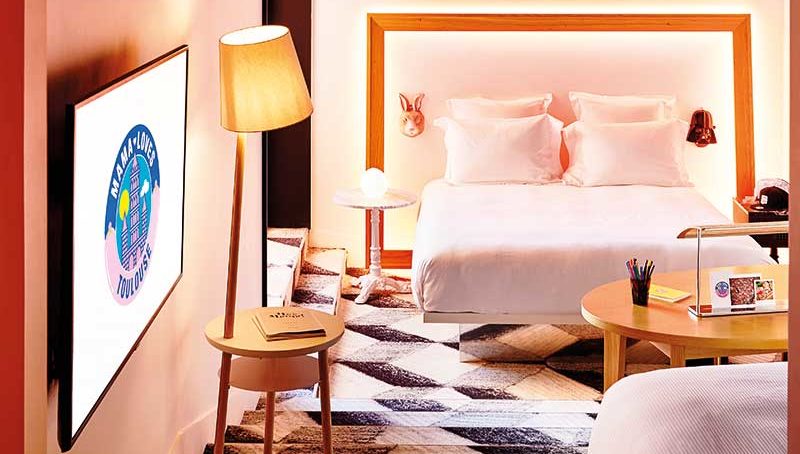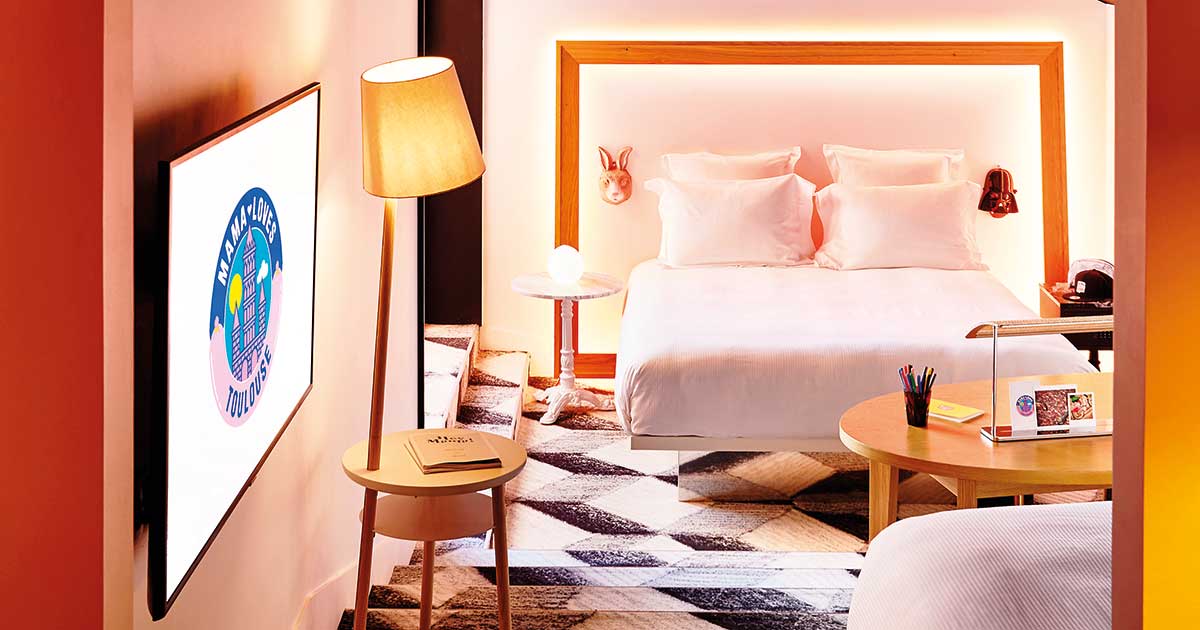With the threat to the hospitality industry from alternative economies ever increasing, the time has come to redirect our attention ‘inside the box’, by expanding the concept of service to include market segments that have not yet been fulfilled. ‘Accessible Hospitality’ is one such area offering untapped opportunities. Hospitality guru, Manal Syriani, tells us more
Accessibility requires properties to provide services and products that are user friendly for people with specific needs and their carers. Making your business accessible is an opportunity to raise standards and increase profits. Due to the minimum accessibility standards adopted by hospitality firms, making your business accessible will also provide a competitive edge.
Under the classification system adopted by the Ministry of Tourism, hospitality properties are required to abide by certain norms to ensure their business is accessible to all categories of clientele. However, these requirements are limited to the physical building and should be complemented with other soft services to reach a fully integrated concept and facilitate guests’ engagement.
Implement a comprehensive culture
Accessibility is a social responsibility that should be established as part of the concept vision, mission and values. It hinges on the team – and other stakeholders – adopting the appropriate mindset to make guests with specific needs comfortable. The internal Code of Ethics and Quality Promise of any premises should be built around accessibility.
Core products and services should also validate this culture and be adapted to fit the concept. For instance, packages offered for a hotel stay may include targeted amenities and flexible check-in/check-out procedures, such as in-room check-in and/or check-out, tailor-made to meet guests’ needs.
Expand standard operating procedures (SOPs)
The operating standards of the property should include a dedicated section that covers the flow of service when serving guests with specific needs. Clear policies should be written on how to manage moments of truth and provide a discreet service that will allow guests to be attended to in a way that doesn’t cause them offence or feel rushed. A simple adaptation can go a long way in securing repeat business from first-time guests.
Upgrade team knowledge
Train your employees and equip them with the appropriate tools for understanding guests’ conditions, identifying their needs and translating that into personalized service. While the SOPs will play a role in providing a basis for such service, there are instances when common sense should prevail. Therefore, team members should be permitted to improvise when seeking solutions, while staying true to the spirit of the concept.
Reach out
Promote your business accessibility and ensure channels of communications are user friendly to that specific clientele. The website and other social media outlets should provide comprehensive information about your services and your facility. Include information about your staff’s knowledge and specific training in that field, since this represents added value. It might also be beneficial to dedicate a member of the sales team to actively generate leads through sales calls and other tools.
Collect feedback
Collecting customer feedback is always a must when entering a new market, since it will allow your business to grow and shape your services to meet the increasing needs of this clientele group. Customer feedback could be your most important asset.
Going the extra mile …
While making a business accessible can open it up to new market segments, adopting the same approach as an employer by targeting workers with specific needs can also be beneficial, since this will reinforce the culture.















